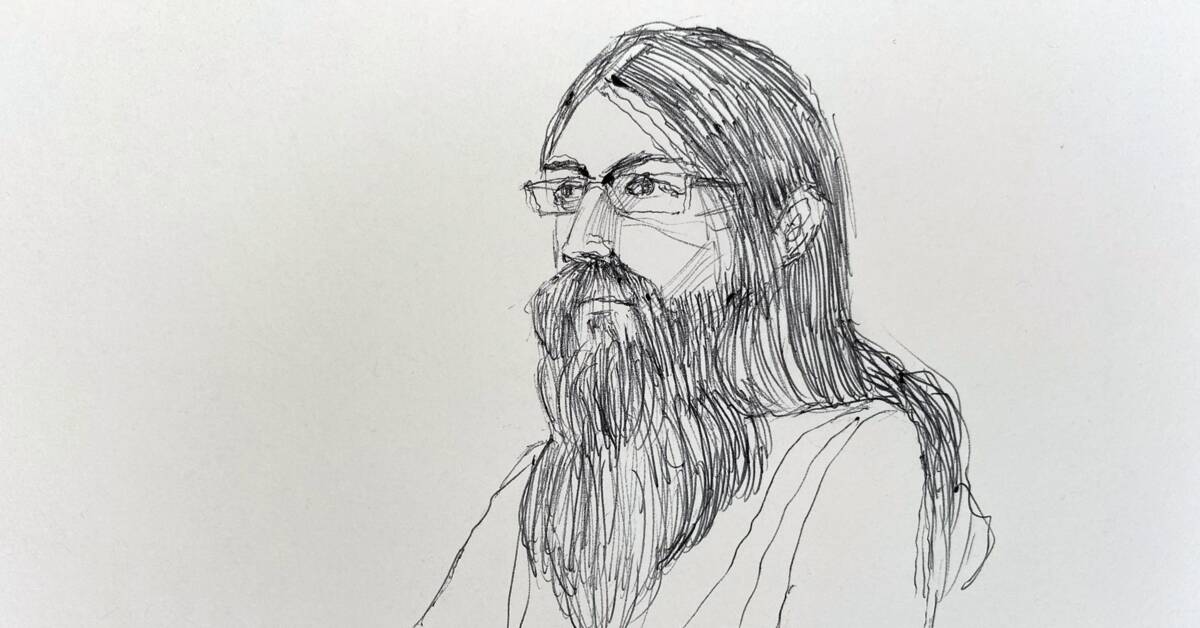In early December, Gotland's district court sentenced Theodor Engström to forensic psychiatric care.
He was convicted of the murder of Ing-Marie Wieselgren and of preparation for terrorist crimes through murder plans of the Center Party's party leader Annie Lööf.
Chamber prosecutor Henrik Olin now announces that he will not appeal the verdict.
- The district court's argumentation is clear;
murder of a senior official during the so-called politician's week in Almedalen does not risk leading to such serious damage to Sweden as is required for it to constitute a terrorist crime.
On the other hand, a murder of a party leader under the same conditions would lead to the risk of such serious damage, he says in a press release.
"Previously uncharted territory"
According to him, the precedential value is also limited.
- It is an assessment of a previously untested area which, after careful consideration, I can accept.
In addition, I can state that the precedential value of a possible Court of Appeal judgment is likely to be relatively limited, as each criminal suspicion surrounding possible terrorist crime is unique, says Henrik Olin.
When the verdict came, Henrik Olin was critical of the district court's assessment. See below how he expressed himself then:
Javascript is disabled
Javascript must be enabled to play video
Read more about browser support
A previous forensic psychiatric examination has established that Theodor Engström was seriously mentally disturbed when he committed the crime.
But District Attorney Henrik Olin wants him to be sentenced to life in prison.
Photo: SVT

